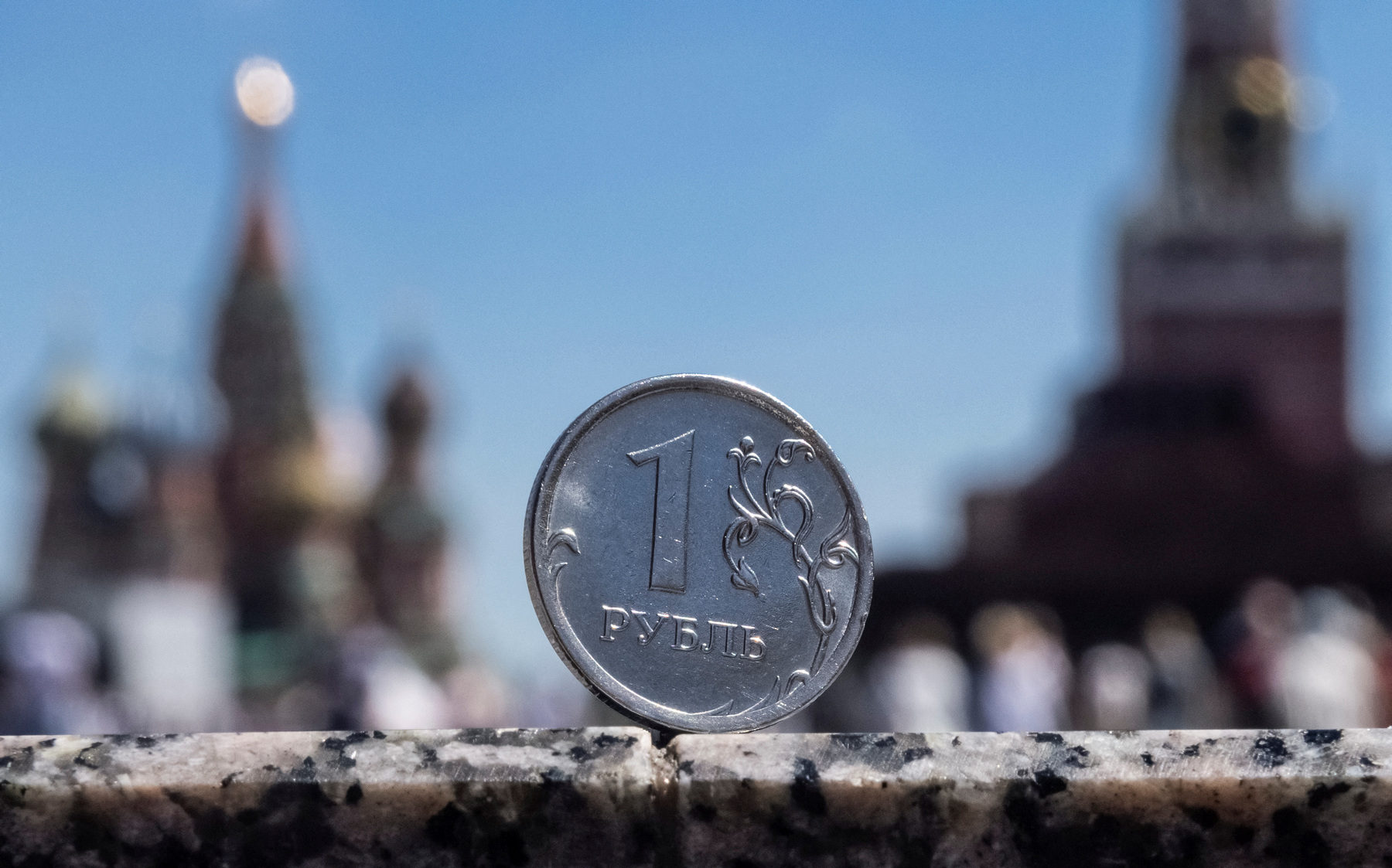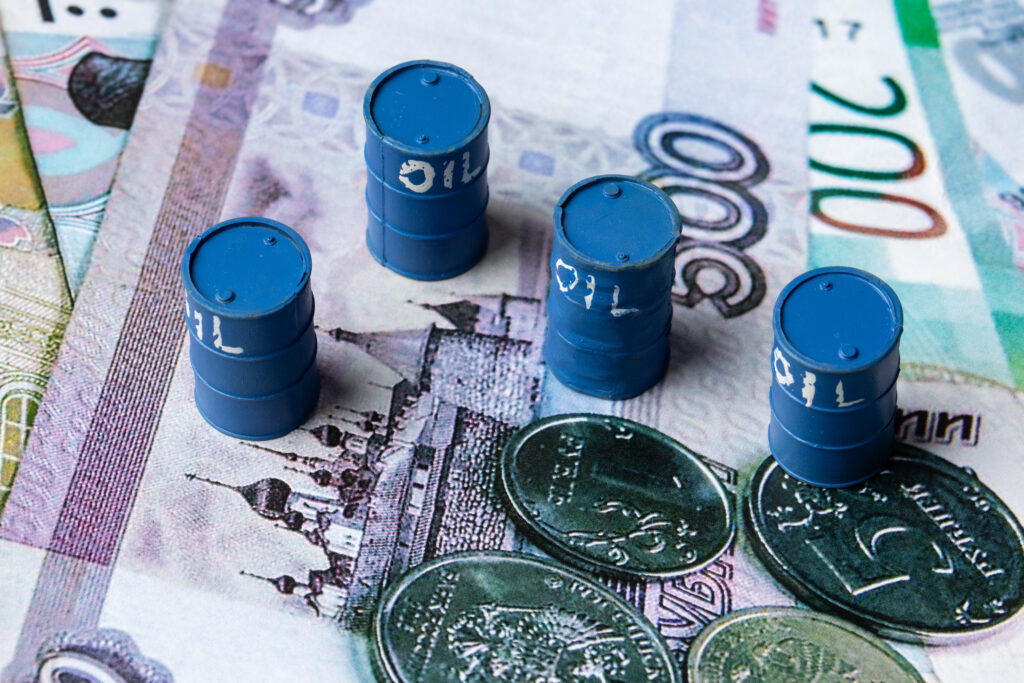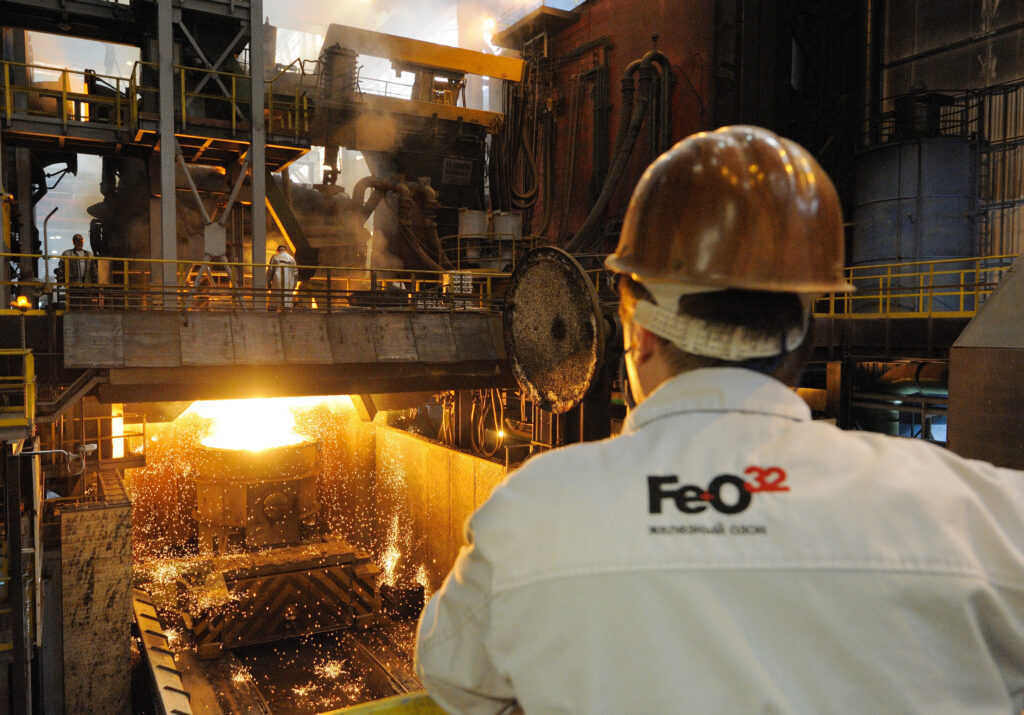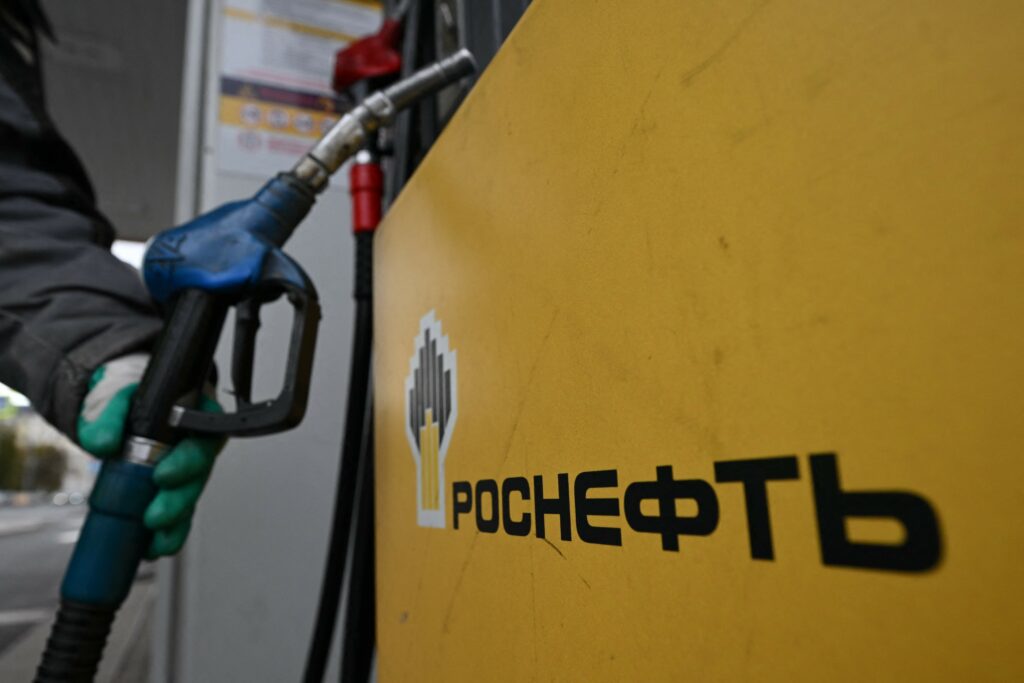Russia fell into a technical default on June 9, followed by a full scale bond default on June 26 — the third time Russia has failed to honour its external debts since 1991. This likely marks the onset of an era where Russia is frozen out of Western capital markets, and where the only comparison is the 1918 default after the Bolshevik Revolution.
However, unlike in 1918 when the Soviet leadership proudly repudiated Russia’s Tsarist-era debts, the Kremlin claims it has been trying to pay. It most recently paid interest for its 2027 and 2047 Eurobonds, which it issued in 2017 — albeit in roubles, rather than dollars. The notes do not include the rouble as part of its ‘alternative payment currency event’ clause witnessed in more recent Russian sovereign Eurobonds issuance. Though they do allow payment in dollars, Swiss Francs, British pounds or Euros. But Western banks are unable to process even alternative currency payments, given the sanctions imposed on Russia.
Despite the writing on the wall, the Kremlin has sought to portray itself as fastidiously avoiding default. Statements from the Ministry of Finance repeatedly refer to how Russia is looking to make its payments in full and that it is being blocked form doing so by US sanctions.
When US sanctions were tightened in April to require Russia only make payment on its Eurobond debts using new assets, the Kremlin belatedly did use non-frozen funds, i.e. the cash it has earned from selling. When the US Treasury again tightened sanctions in May to bar banks from facilitating even such payments for Russian bonds, the Kremlin paid coupons on a pair of bonds early, before the new restrictions came into effect.
As President Vladimir Putin plunges Russia headfirst into autarky and his regime continues to denounce the Western-shaped international financial infrastructure, these moves naturally beg the question — why is the Kremlin trying so hard to make sure it is seen as keen to remain current on its debts?
The traditional answer found in studies of political economy would likely be that Russia is concerned with its ‘reputation’ as a debtor. Most prominently formulated by Stanford University Professor Michael Tomz’s work, the reputational theory of cooperation between sovereigns and investors finds that a country’s reputation as a good creditor shapes its access to credit.
However, Tomz’s theory has been increasingly challenged in recent years, and is no longer orthodoxy among observers of sovereign debt. Furthermore, it would be ludicrous to argue that the Kremlin is concerned with its reputation amongst foreign creditors, or at least those in the West, while it simultaneously butchers civilians, rains hellfire on Ukrainian cities, and terrorizes the population.
The significant sanctions on Russia are unlikely to be lifted even if Russian troops are forced to halt their offensives by Ukrainian resistance backed by Western arms supplies or see their gains reversed. As long as the Putin regime remains in power, the Kremlin will likely be frozen out of Western capital markets.
Some have made the argument that Russia may wish to demonstrate its willingness to honour its debts to alternative sources of capital outside the West that it could turn to after the war — most prominently China. But Putin’s Kremlin is unlikely to want to become highly indebted to Beijing. He is already anxious over China’s growing position in the Eurasian heartland. Nor is there any indication Beijing’s leaders will seriously consider this factor.
The motivations behind Chinese lending, and the reasons why countries choose to borrow from China, are also rather different from the motivations behind Western lending. Beijing has notably refrained from offering Moscow anything that resembles a bailout in the invasion’s aftermath. After all, this is not yet needed. If it is needed later, it will be politics that determine any Chinese-Russian creditor-debtor relationship, not Moscow’s reputation for trying to stay current on its debts to the West.
One other important consideration in examining Russia’s approach to its external debts it to observe what Russian corporations are doing — for they too are making clear that they wish not to fall into default where possible. This includes both private companies such as Severstal, which was the first Russian firm to fall into technical default after its key shareholder Alexei Mordashov was sanctioned by the EU in February but had sought US Treasury permission to make payments, as well as state firms such as Sovcomflot, which has undertaken a fire sale of its fleet to repay Western debts. That is particularly striking, given that Russian control of tankers to ship its oil around the world will prove increasingly important to mitigating the impact of sanctions as Europe restricts its own purchases of Russian oil.
The reality is that Russia is attempting to portray itself as frustrated by the West in meeting its external obligations in an effort to mitigate the costs of the inevitable default. Its statements — and efforts to continue to pay Western debts in roubles, but leaving them at least nominally exempt from capital controls — are aimed at supporting eventual legal defences against the barrage of lawsuits that often accompany messy sovereign defaults. In other words, the cost of defaulting is higher than the cost of continuing to make payments — and certainly higher than the cost of being seen as attempting to stay current.
Russia may not have a significant external debt load as a sovereign, key state-run corporations such as Rosneft have been largely barred from the market since the US’ implementation of sectoral sanctions in 2014, and even non state-controlled corporations have cut back on Western borrowing in the years since. But one long-term impact of sanctions will be that the Russian state and Russian corporations are mired in Western legal disputes for the long-term.
So to strengthen its case against litigious creditors, Russia is making a charade of showing that it was doing its best. That could save some liability costs, and form at least a nominal defence of its decision to default. The Kremlin and Russian businesses recognize this reality. Since such a reversal of its present path is currently unimaginable, they would ideally like to mitigate the costs in the interim and close the door to concessions in the long term.










